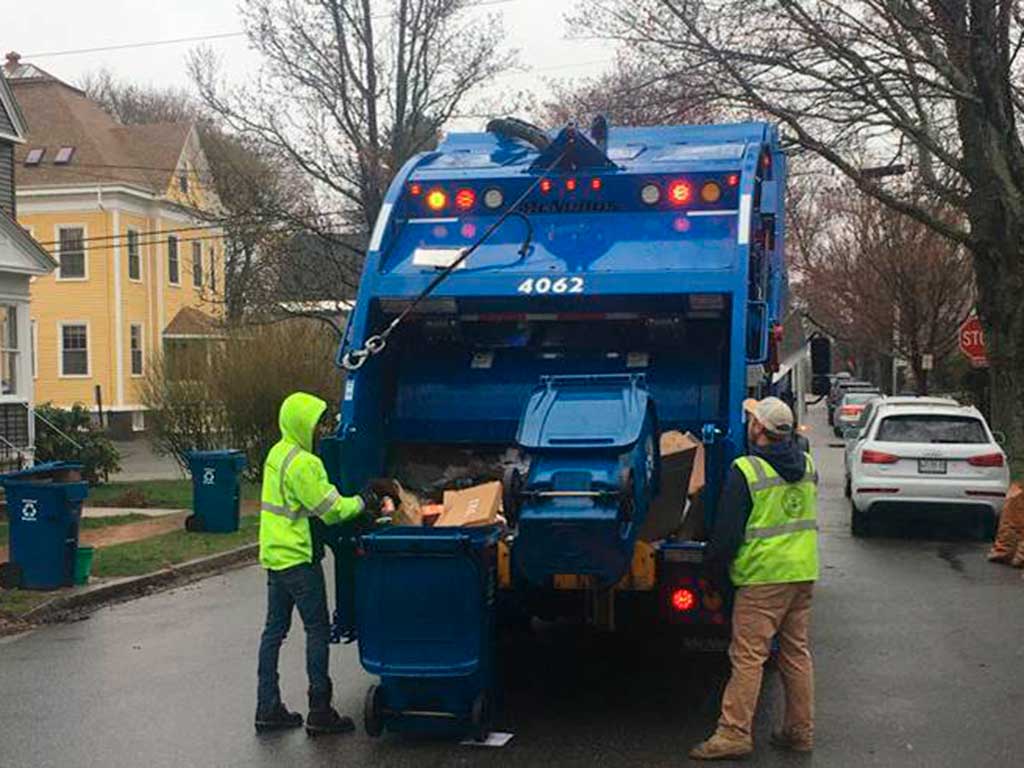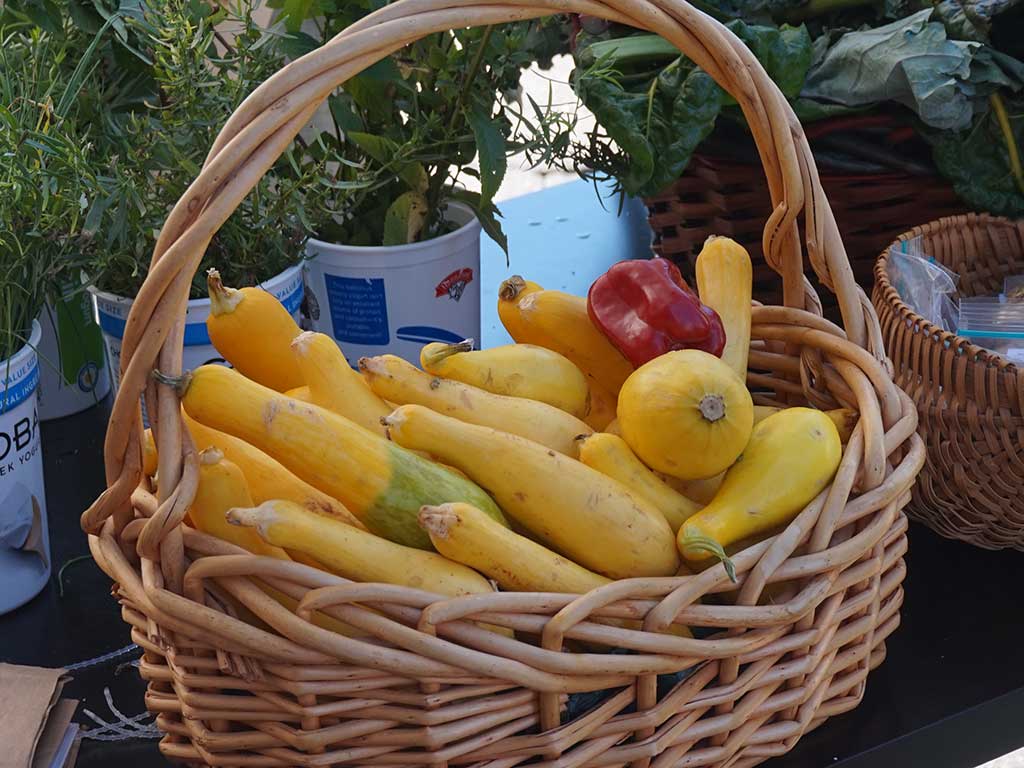

A REAL BIG DEAL
Waste production multiplied tenfold over the past century and can be expected to double again by 2025. Households generate almost half.
Looking into a recycling bin, it’s easy to see how big an issue this has become. What do we do with all that crap? Some is recyclable and some is not. Much of the wasteful plastic packaging contributes to climate change and pollutes our land, air, and water. Fossil fuel companies, the plastics producers that are largely responsible, have worked hard to avoid doing their part for waste reduction.
Recently our legislators tackled this problem by passing the Extended Producer Responsibility (EPR) for Packaging law (LD 1541) that Governor Mills has now signed. Like measures used in other countries, this law targets our waste stream’s most toxic and problematic products by shifting the lion’s share of the cost to manufacturers and corporations. Over time, we will benefit from less packaging, more recyclable packaging, and more accurate recycling instructions on our packages. The program will be fully underway by 2024.
This good news doesn’t mean we’ve completely solved our excess waste problems. There is more we can do.
Avoiding bottles and other goods made of single-use plastic is a big challenge, but worth doing whenever possible. “Biodegradable” or “compostable” does not necessarily mean something can just be thrown into the backyard compost pile since special conditions may apply. Corn-based plastics, for example, may not come from petroleum but could end up in the landfill. This is because of the PLA (polylactic acid) used to make products like bottles, disposable cutlery, and plastic films.
Paper substitutes, often bottles and cups, commonly contain several layers of materials including plastic or foil to form barriers. Fiber-based products like the bowls used in some fast-food restaurants may also end up in landfills if contaminated with food.
Ultimately, we must act more like Mother Nature and not create waste in the first place. Nature’s “wastes” always become resources. Consider how past generations initiated this by fixing things that broke or finding other ways to give them a second life. Our grandparents and great-grandparents minimized or eliminated the need for packaging by carrying reusables (eating utensils, cups, bowls, shopping bags) with them.
BRIGHT IDEA: Rather than attempting to dominate or exploit it, find ways to be part of nature. Work with it!
Author’s Note: John Schwartz’s article in The New York Times, “Why Biodegradable Isn’t What You Think,” Oct. 1, 2020, contributes to our content this month.
Bright Ideas is brought to you by Portland Climate Action Team which meets the fourth Thursday of the month, 6 to 7:30 p.m. All are welcome to join in. FMI: portlandclimateaction@gmail.com.





